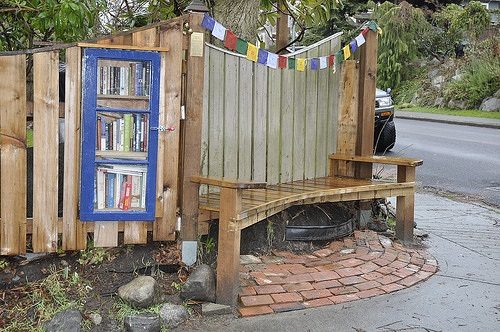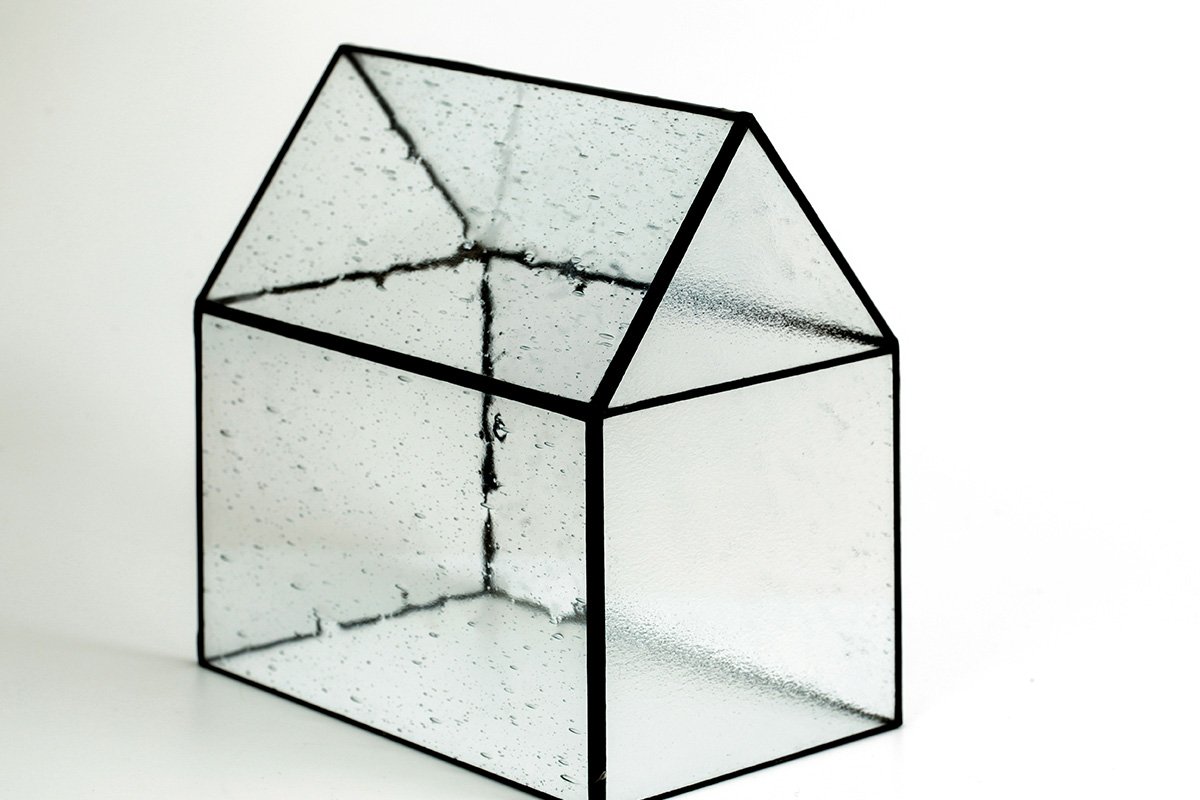
February 3, 2015; Shreveport Times
To protest the closure of a Little Free Library in Shreveport, Louisiana, Kathryn Usher has created a display in her own front yard. Several books are supported in a tent of branches, accompanied by more books stacked below and a sign that reads, “Free Range Books—Take One Leave One.”
Sign up for our free newsletters
Subscribe to NPQ's newsletters to have our top stories delivered directly to your inbox.
By signing up, you agree to our privacy policy and terms of use, and to receive messages from NPQ and our partners.
The local artist constructed the unofficial book-lending structure after Ricky and Teresa Edgerton received notice from the Metropolitan Planning Commission (MPC) that their registered Little Free Library violated a city ordinance. According to the commission’s zoning administrator, libraries are only permitted in commercial zones, and as the Little Free Library is located in the Edgertons’ front yard in a residential neighborhood, its use is not permitted.
Thankfully, Usher’s protest and other community efforts have brought the issue to the attention of MPC’s board chair, Lea Desmarteau, who said, “Our current zoning ordinances are antiquated [and] therefore unfortunately lead to these types of situations. However, there is a silver lining. The MPC is in the process of a massive rewrite of these antiquated codes and ordinances.” Such revisions are anticipated by the end of the year, but the book exchange issue will be addressed by the end of the week, ahead of full ordinance updates.
The swift response to the Little Free Library’s closure exemplifies the importance of the book exchange to the members of the Shreveport community. While they might appear as simple book exchange stations, Little Free Libraries complement what so many of their larger community library counterparts strive to achieve. The exchange of influential literature adds depth to community engagement, as sharing a favorite book can create personal connections and opportunities for healthy discussion and social dialogue.
According to the co-creator of Little Free Libraries, Todd Bol, “We have a need to be part of a physical community, but there are so many things in our daily lives that distract us and end up pulling us apart. This gives neighborhoods an opportunity to work together for something that’s useful to everyone.”—Michele Bittner












